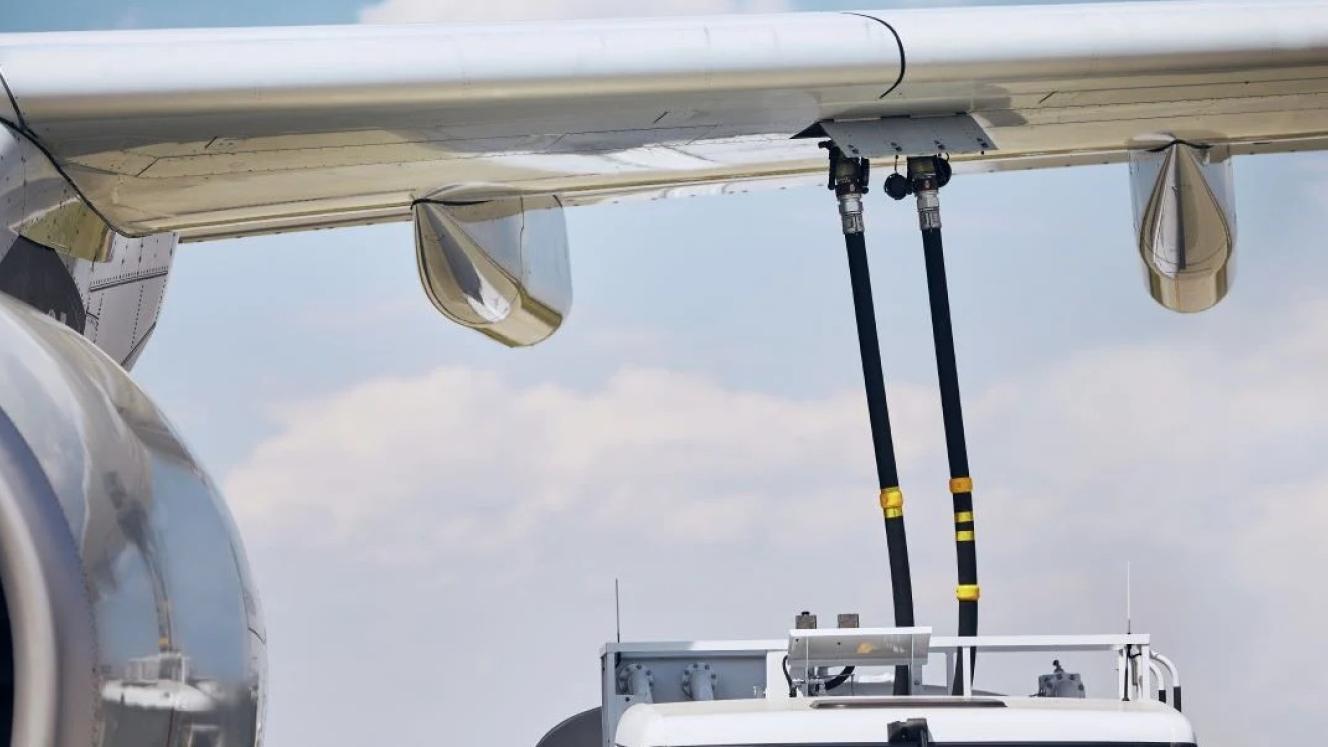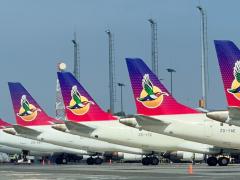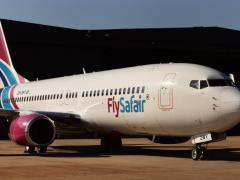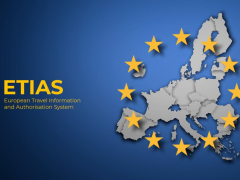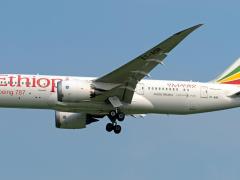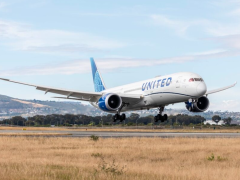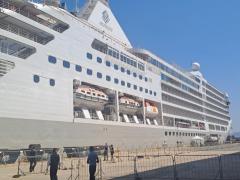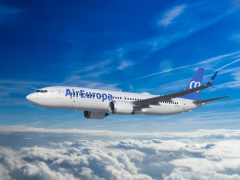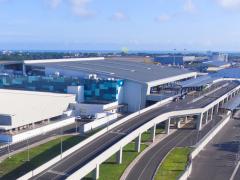IATA says it expects Sustainable Aviation Fuel (SAF) production to reach two million tonnes (2,5 billion litres) or 0,7% of airlines’ total fuel consumption in 2025.
However, it has warned that government policies and compliance fees are currently increasing the cost of SAF, especially in Europe.
IATA DG, Willie Walsh, said while it was encouraging that SAF production was expected to double to two million tonnes this year, it would add US$4,4 billion (R78,8bn) globally to the fuel bill.
“The pace of progress in ramping up production and gaining efficiencies to reduce costs must accelerate,” said Walsh.
The problem of mandates
Most SAF is now heading toward Europe, where the EU and UK mandates kicked in on January 1.
“Unacceptably, the cost of SAF to airlines has now doubled in Europe because of compliance fees that SAF producers or suppliers are charging. For the expected one million tonnes of SAF that will be purchased to meet the European mandates in 2025, the expected cost at current market prices is US$1,2 billion (R21,5bn),” IATA said in a press release.
IATA added that compliance fees were estimated to add an additional US$1,7 billion (R30,5bn) on top of market prices – an amount that could have reduced an additional 3.5 million tonnes of carbon emissions.
“Instead of promoting the use of SAF, Europe’s SAF mandates have made SAF five times more costly than conventional jet fuel,” IATA said.
Walsh said it highlighted the problem with the implementation of mandates before there were sufficient market conditions and before safeguards were in place against unreasonable market practices that raised the cost of decarbonisation.
“Raising the cost of the energy transition that is already estimated to be a staggering US$4,7 trillion (R84,2trn) should not be the aim or the result of decarbonisation policies. Europe needs to realise that its approach is not working and find another way,” said Walsh.
IATA has urged governments to focus on three areas:
- Creating more effective policies: Eliminating the disadvantage that renewable energy producers face compared with big oil is necessary to scale renewable energy production in general and SAF production in particular.
- Developing a comprehensive approach to energy policy that includes SAF: Firstly, advancing SAF production requires an increase in renewable energy production from which SAF is derived. Secondly, it also requires policies to ensure SAF is allocated an appropriate portion of renewable energy production.
- Ensuring the success of CORSIA as the sole market-based mechanism to address international aviation’s CO₂ emissions: IATA urges governments to make Eligible Emissions Units (EEUs) available to airlines. To date, Guyana is the only state to have made its carbon credits available for airlines to purchase and claim against its CORSIA obligations.
